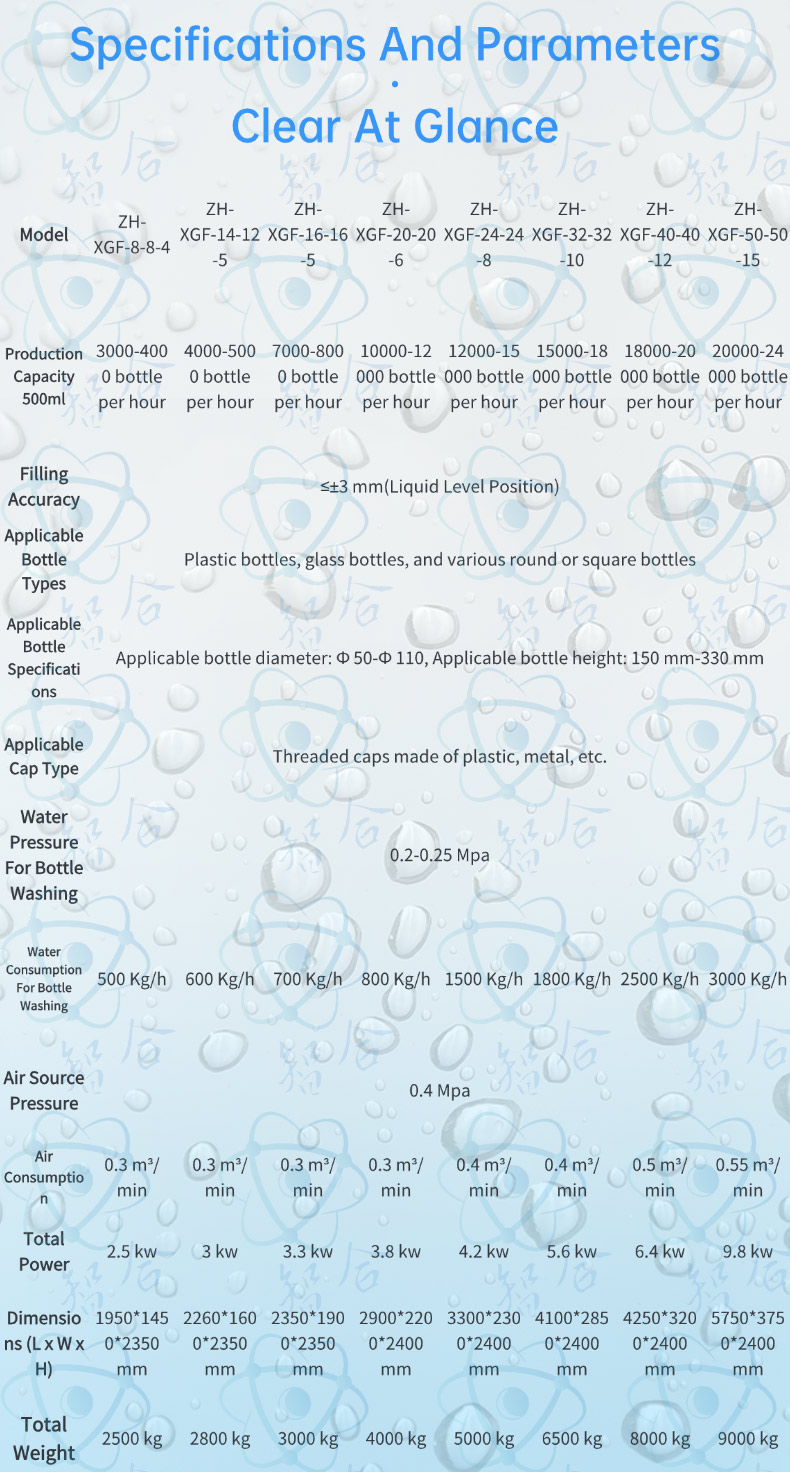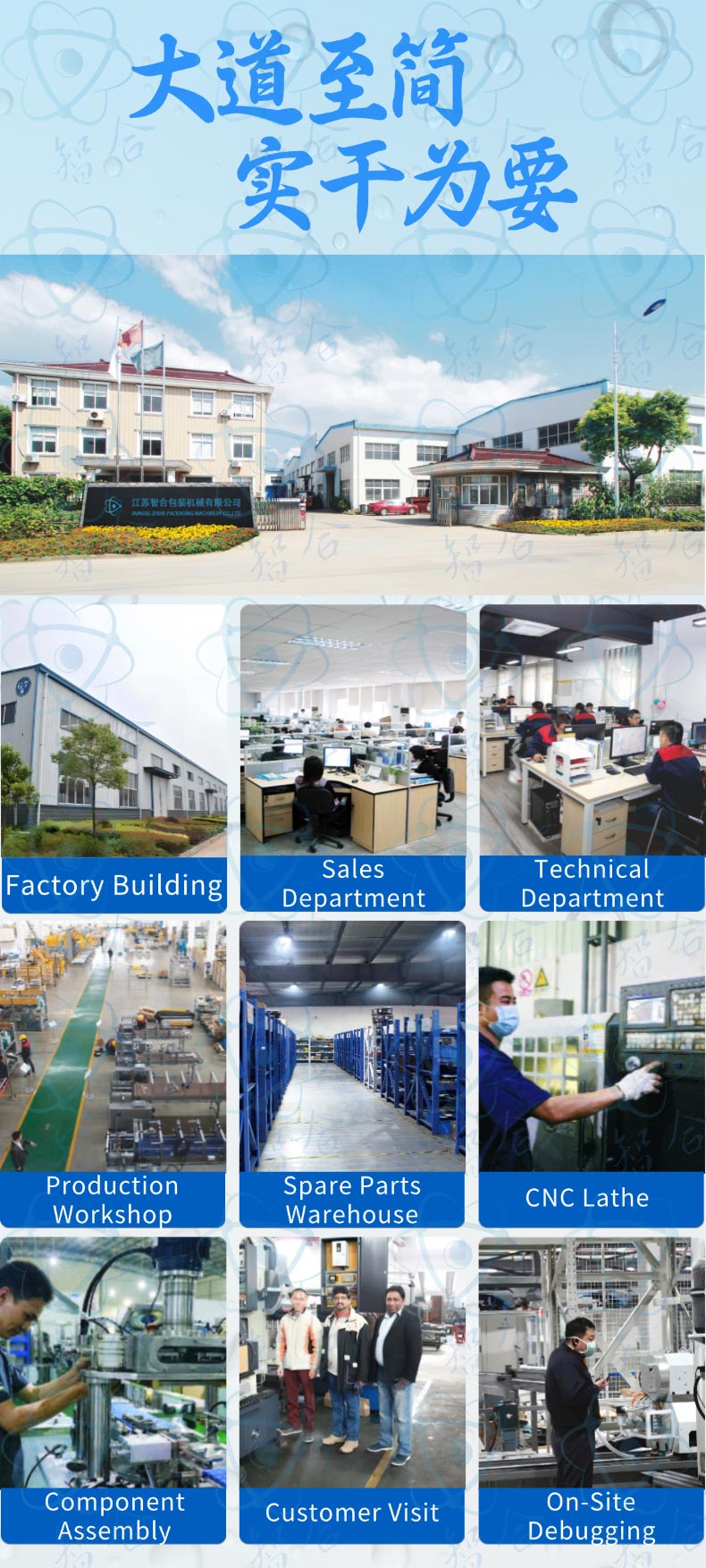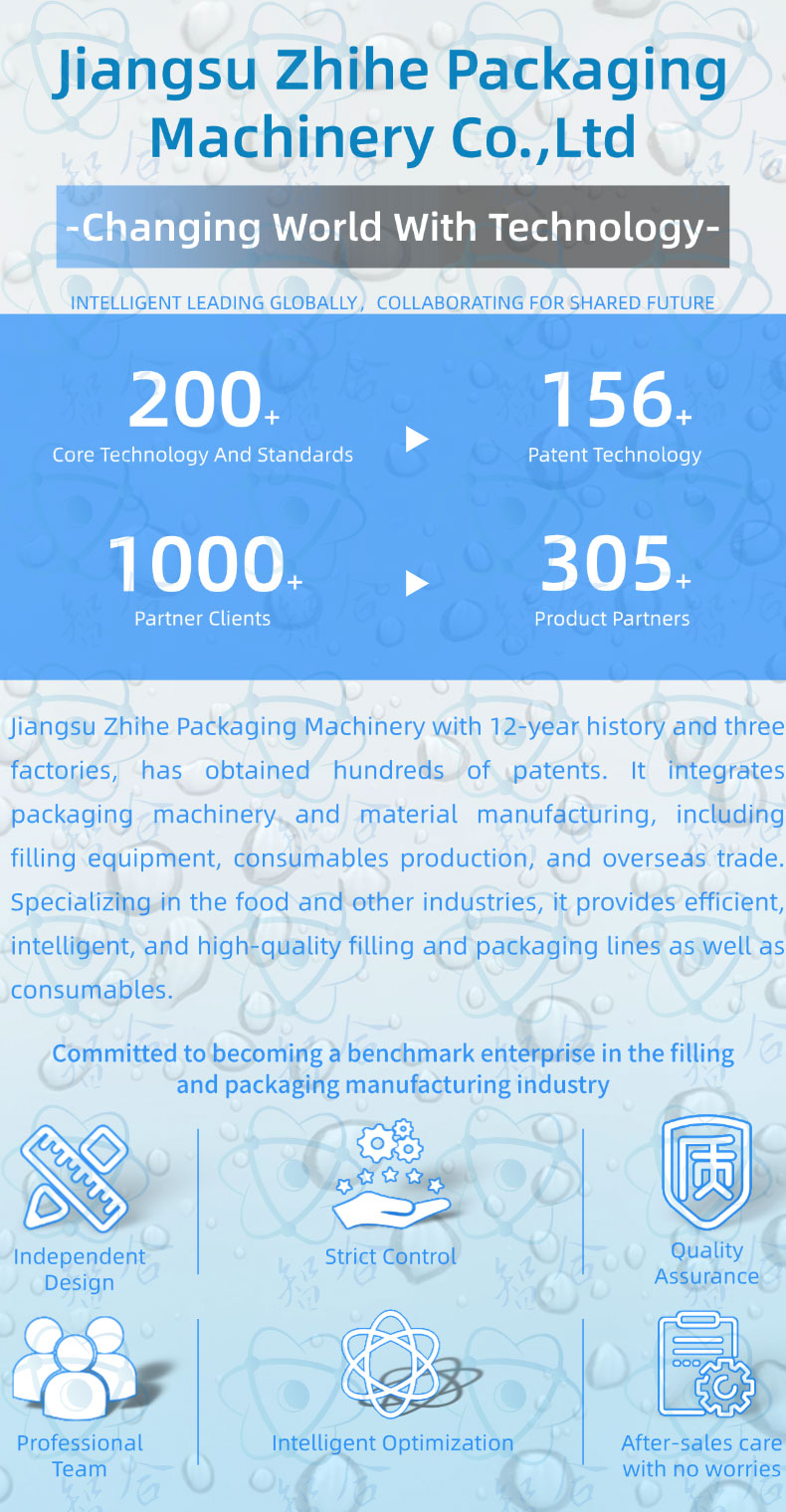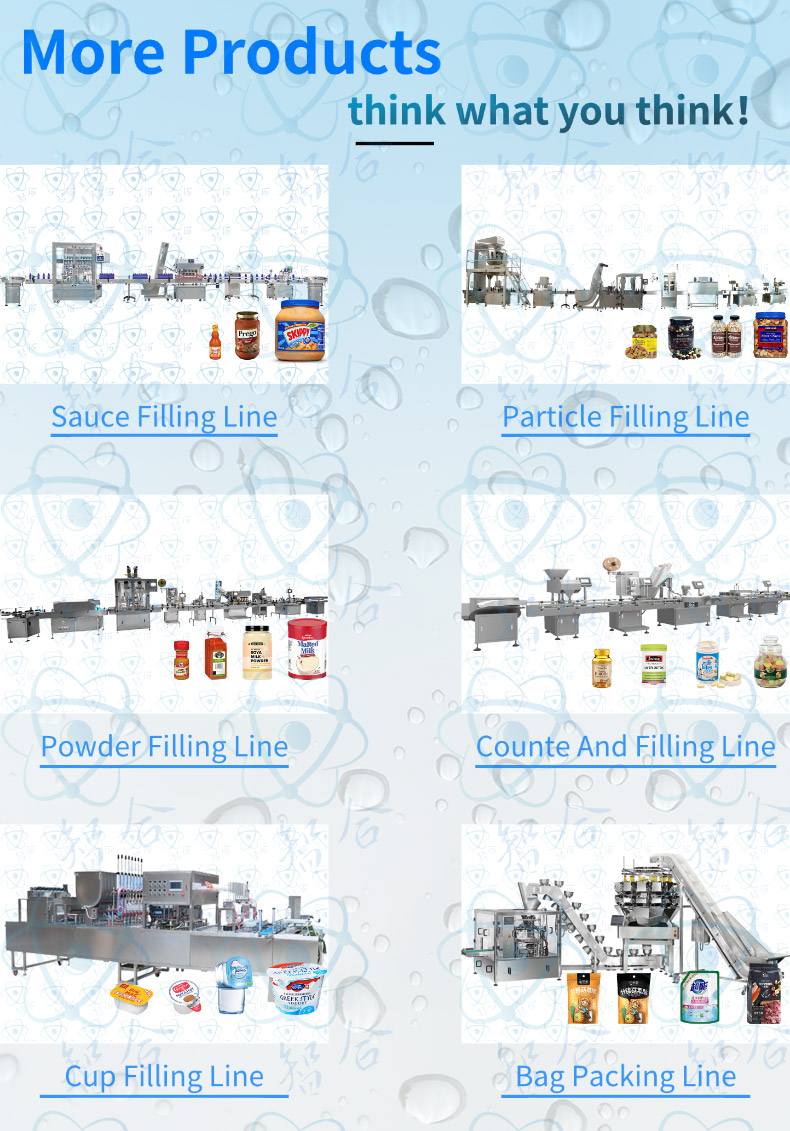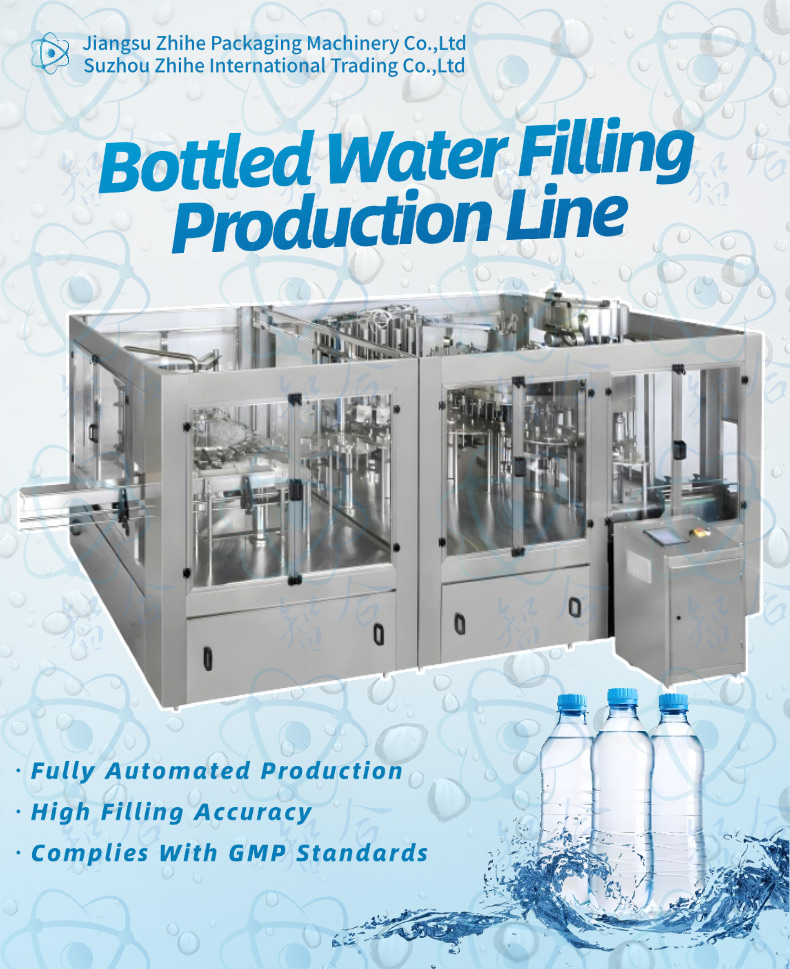
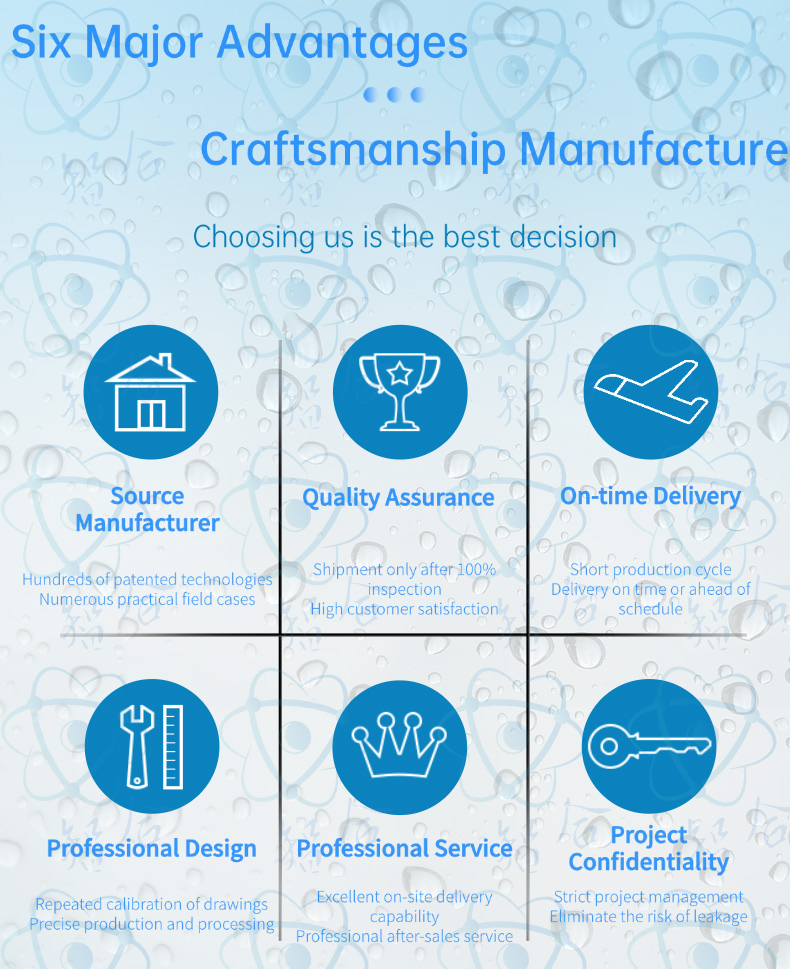
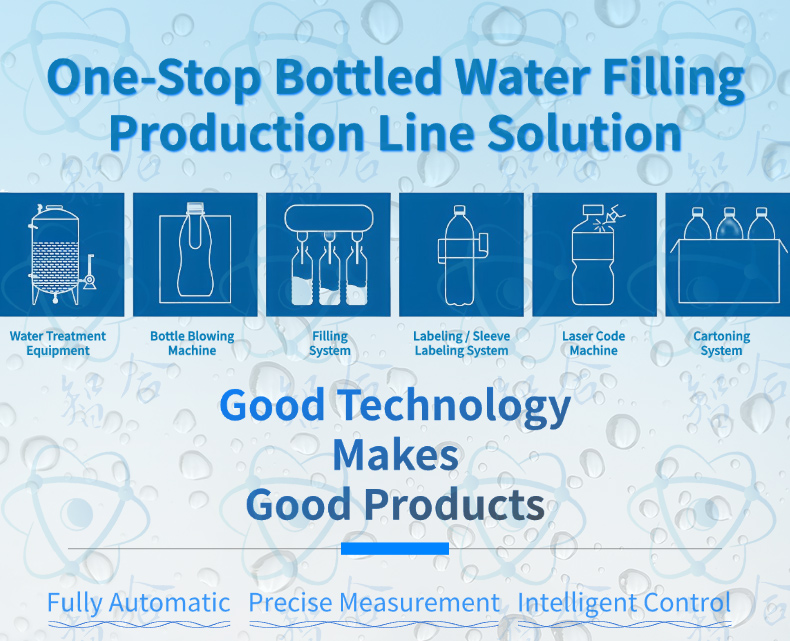
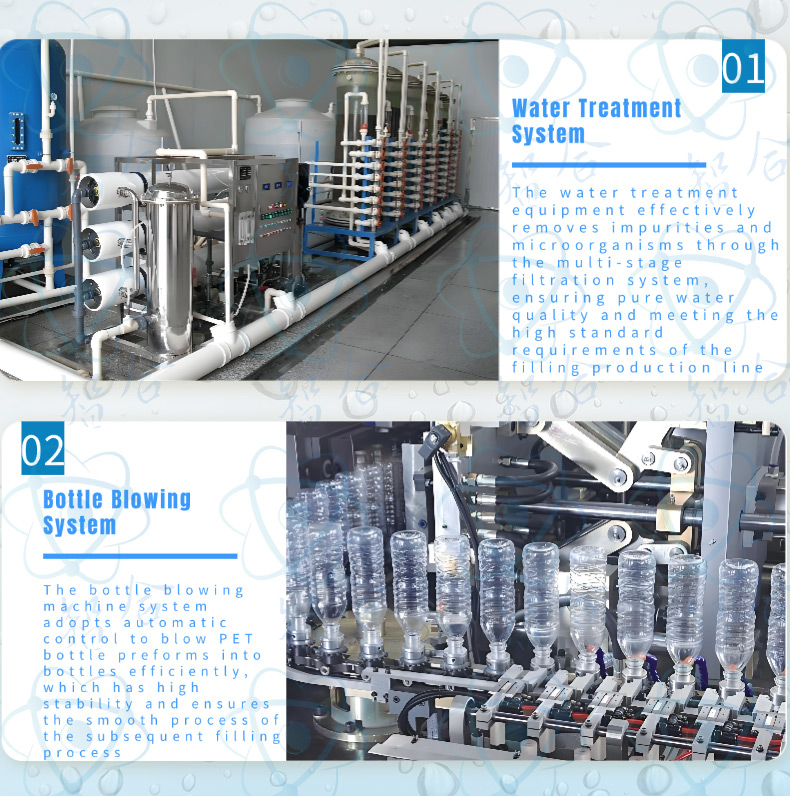
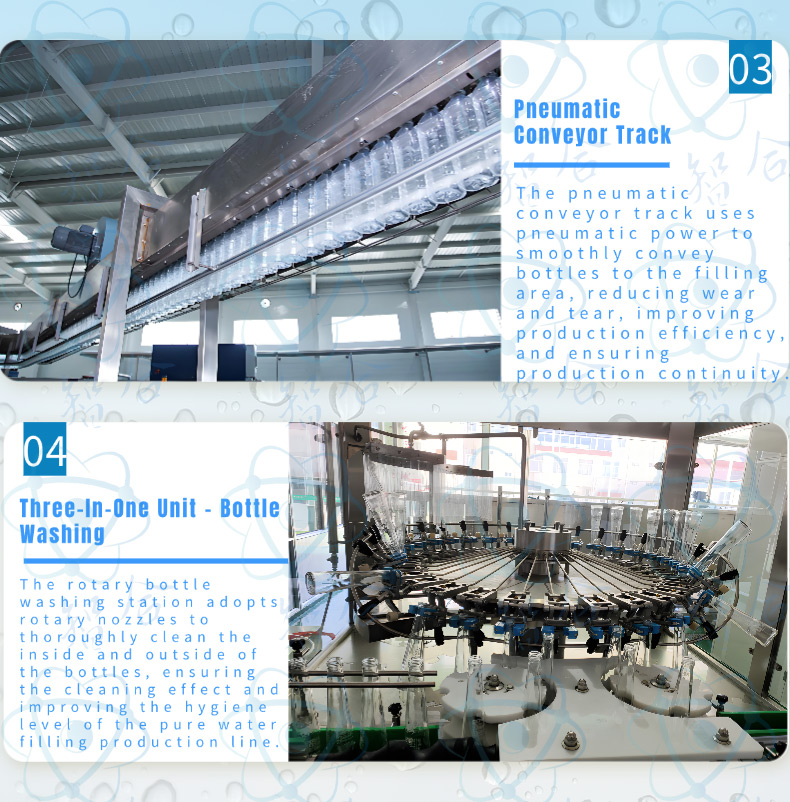
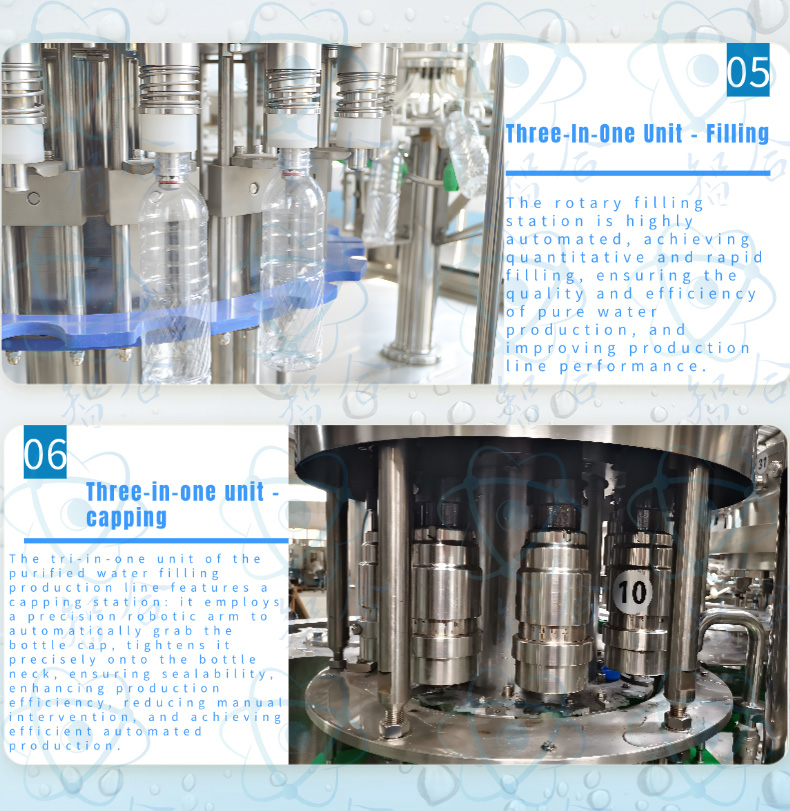
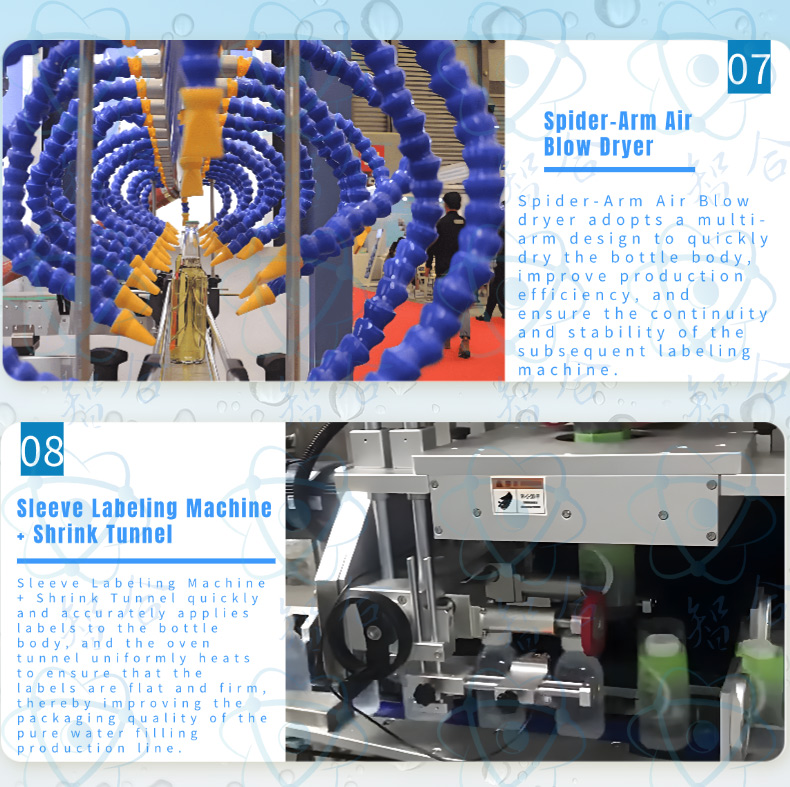
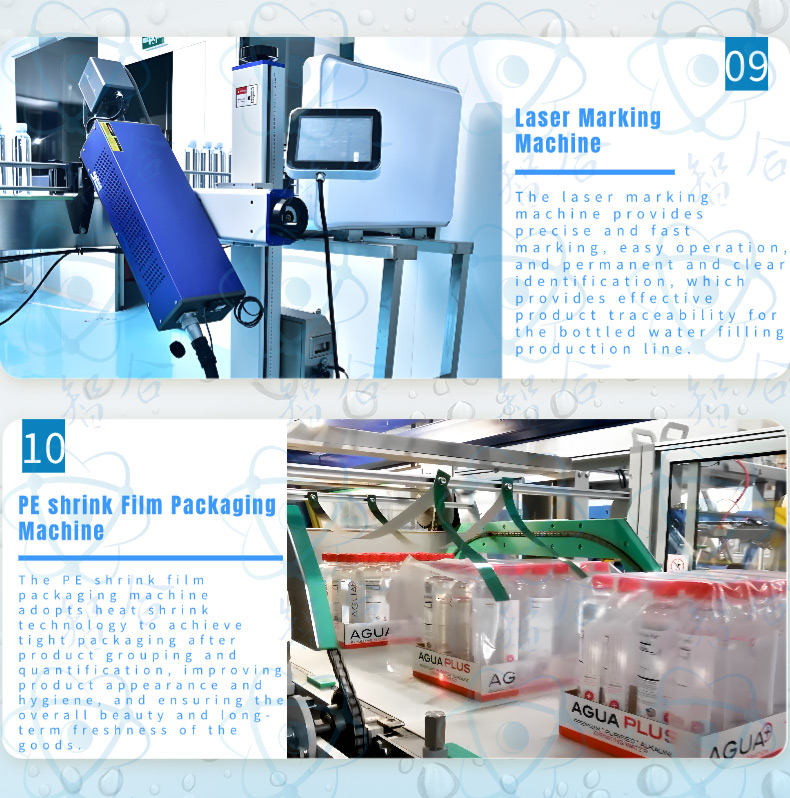
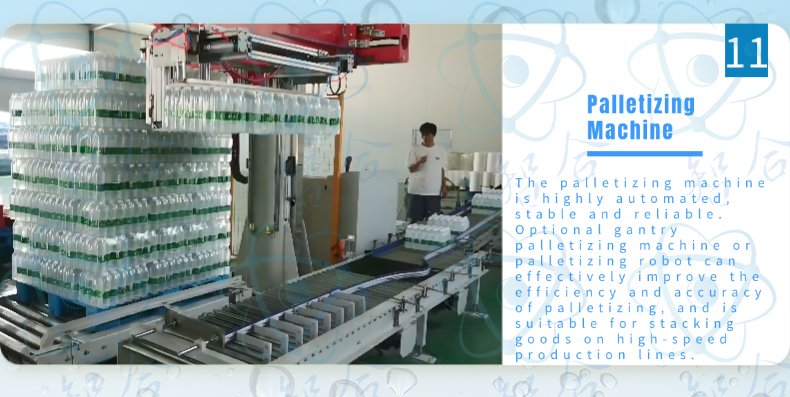
The fully automatic bottled water filling production line is a modern production equipment that integrates efficiency, automation, and intelligence. It is specifically designed to meet the large-scale, high-quality production needs of bottled water.
Composition of the Production Line
- Water Treatment System
Function: Ensures the purity and safety of the water source, which is the primary step in the entire production line.
Core Equipment: Includes quartz sand filters, activated carbon filters, sodium ion exchangers, precision filters, RO reverse osmosis systems, ozone generators, and ultraviolet sterilizers. These devices remove impurities, bacteria, viruses, and other harmful substances from the water through filtration, adsorption, desalination, and sterilization processes, ensuring the water quality meets national drinking water standards.
- Bottle Blowing System
Function: Heats and melts plastic granules and then blows them into bottles using molds.
Core Equipment: The bottle blowing machine uses advanced thermoplastic plastic blowing technology to ensure uniform bottle quality, high strength, and low weight. This equipment can adjust the specifications and shapes of bottles according to production needs to meet diverse market demands.
- Filling System
Function: Fills the treated water into the blown bottles accurately and quickly.
Core Equipment: The filling machine, typically using flowmeter or weighing filling technology, ensures precise filling volume for each bottle. High-precision filling not only guarantees product consistency but also reduces material waste and improves production efficiency.
- Sealing System
Function: Seals the filled bottles to prevent water evaporation and contamination.
Core Equipment: Capping machines or crimping machines transport bottles to the sealing station via robotic arms or conveyors, automatically completing the capping operation to ensure the caps are tightly secured on the bottles.
- Packaging System
Function: Performs labeling, coding, boxing, and palletizing of sealed bottles.
Core Equipment: Includes inspection equipment, inkjet printers, labeling machines, film wrapping machines or boxing machines, and palletizers. These devices work together to automate and intelligentize packaging, ensuring each bottle’s appearance is attractive and labels are accurate, enhancing the product’s market competitiveness.
Workflow:
Raw Material Preparation: Introduce qualified water sources into the production line and prepare enough plastic granules for bottle blowing.
Bottle Production: Plastic granules are melted and blown into bottles in the bottle blowing machine.
Bottle Cleaning and Disinfection: Newly made bottles go through cleaning and disinfection to ensure no impurities or bacteria on the surface.
Filling: Cleaned and disinfected bottles are transported to the filling area, where they are precisely filled with treated water by the filling machine.
Sealing: Filled bottles enter the sealing phase, where capping machines or crimping machines complete the capping process.
Packaging: Sealed bottles undergo labeling, coding, boxing, and finally, palletizers stack them at designated locations for warehouse storage and sales.
Characteristics of the Production Line
Highly Automated: The entire production process requires minimal human intervention, with automation achieved in water treatment, bottle blowing, filling, sealing, and packaging.
Efficient Production: High-speed filling equipment and advanced production techniques enable the production of a large quantity of bottled water in a short time to meet market demands.
Precision Control: Advanced control systems and sensor technology are used in critical steps like filling and sealing to ensure production accuracy and product quality.
Eco-friendly and Energy-saving: The production line uses environmental materials and energy-saving technologies to reduce energy consumption and environmental pollution, aligning with sustainable development concepts.
Intelligent Management: Equipped with advanced PLC control systems and HMI (Human-Machine Interface), it achieves intelligent management and monitoring of the production process.
Application Prospects
With increasing attention to drinking water health and the continuous expansion of the bottled water market, the application prospects of fully automatic filling production lines in the drinking water production field are broad. Both large drinking water production enterprises and small to medium-sized enterprises can improve production efficiency, reduce costs, and ensure product quality by introducing fully automatic filling production lines, thus gaining a favorable position in fierce market competition. Additionally, this production line can be applied in other industry fields such as food and beverages, achieving diversified production.